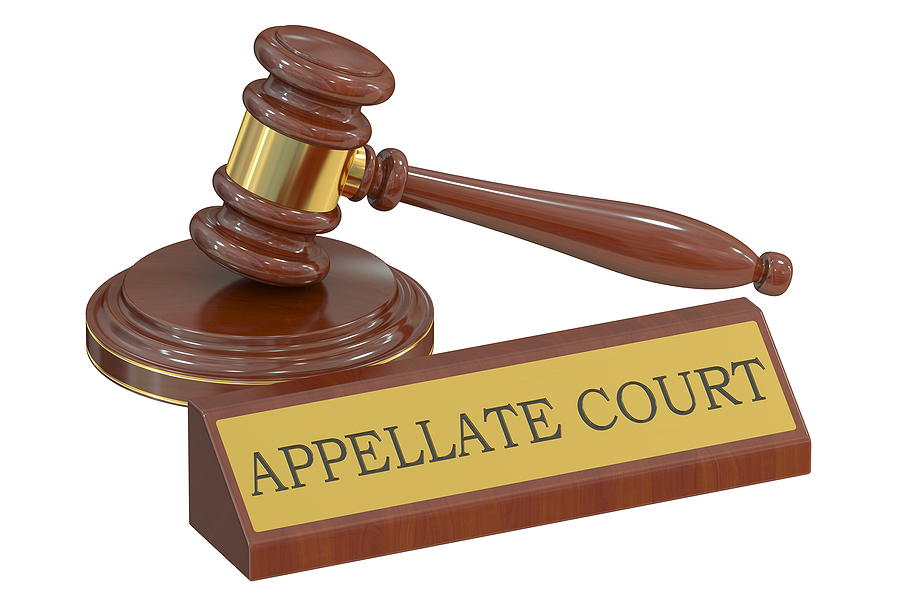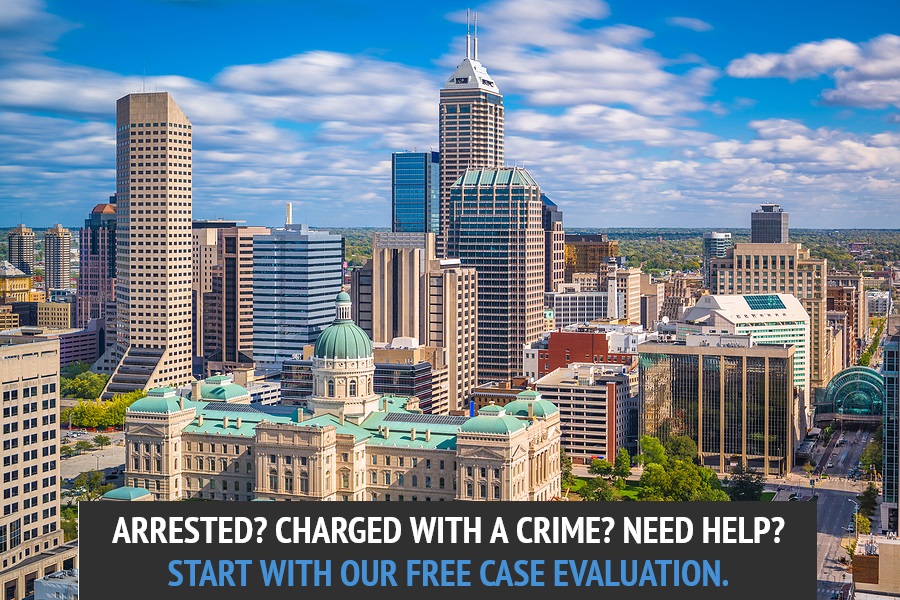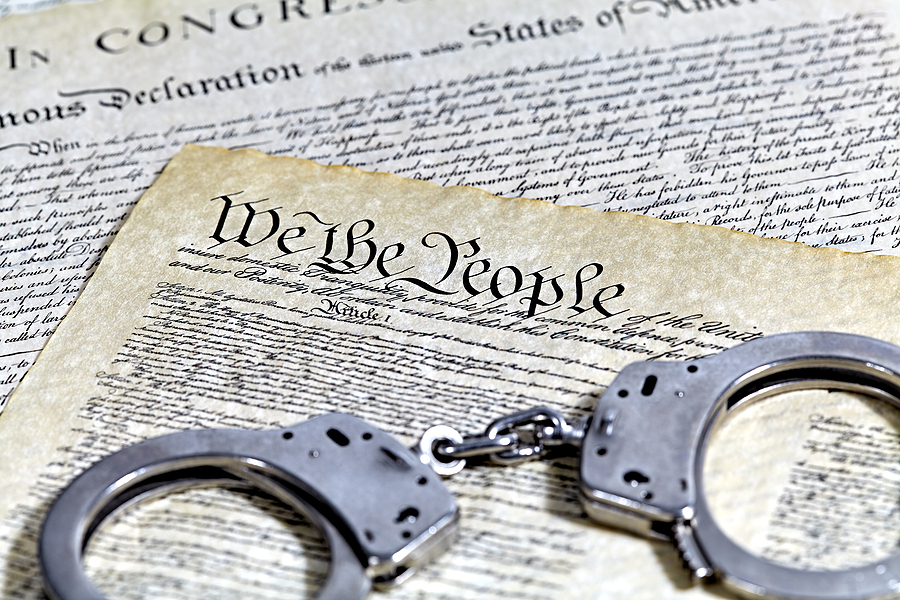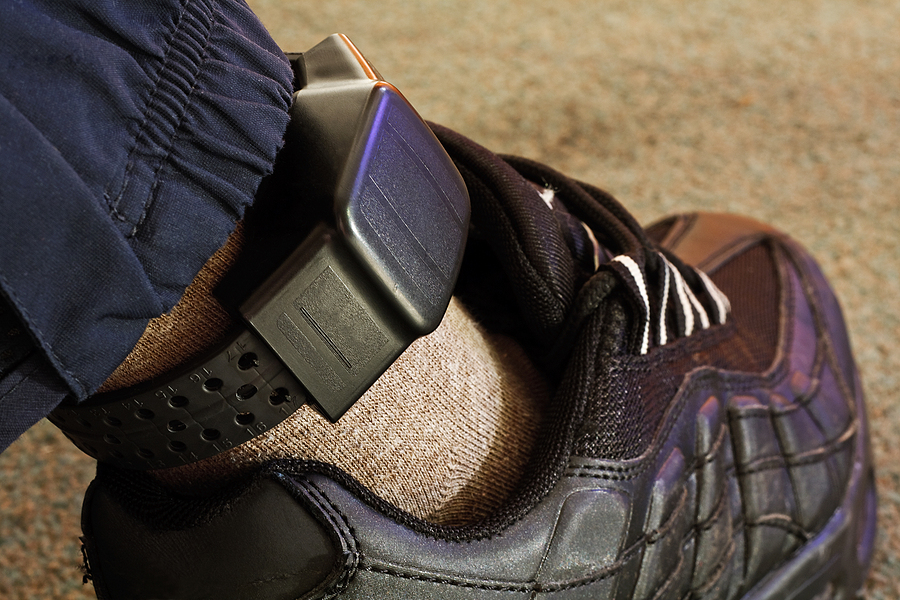Felony drunk driving or intoxicated driving charges are very serious in Indiana. Be sure you have the aggressive and reputable legal representation you need in order to protect your rights and preserve your freedoms. Continue below to learn how to get the best possible outcome after being charged with a felony DUI in Indianapolis and its surrounding counties.
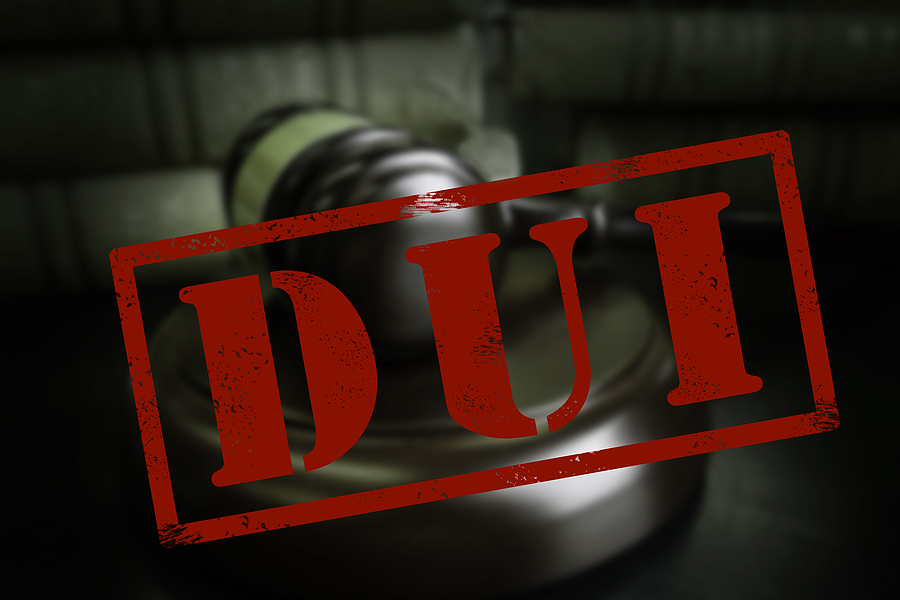
Drunk Driving Felonies are Serious in Indiana
Second and third DUI offenses, or multiple DUI offenses are classified as various Levels of Felonies in Indiana. Felonies are divided into 7 categories in Indiana: Level 1, Level 2, Level 3, Level 4, Level 5, Level 6, and Murder. Level 6 felony crimes are the least serious type of felony, and are commonly referred to as “wobblers” since they can most often be reduced to Class A Misdemeanors. Level 6 felonies are punishable up to 3 years in prison, up to $10,000 in fines, and several other court-ordered penalties. Level 1 and 2 felony crimes are the most serious levels, excluding murder. Each level of felony is assigned a separate statute regarding penalization.
You Can Face Felony DUI Charges If:
■ You Have a Prior DUI Conviction/s within the Past 5 to 10 Years
■ You Have Two Prior DUI Convictions
■ You Have Three Prior DUI Convictions
■ You Receive a Fourth DUI Charge
■ DUI Involving Manslaughter
■ DUI Involving Child Endangerment
■ Fleeing from the Scene of the Crime
■ DUI Involving Severe Property Damages
■ DUI Involving Bodily Harm to Another Person
How to Get Ahead of Felony Drunk Driving Charges in Indiana
People make mistakes, and just one extra glass of Cabernet can put a person over the set 0.08 BAC state alcohol limit. More significantly, a drunk driving charge is always serious, but pair a DUI with additional aggravated offenses or prior convictions, and you have a DUI felony on your hands. These types of DUI charges can be very difficult on you and your family and create a troubling ripple effect on your life and future.
Not only do you face jail time, but you can also lose your driving privileges, child custody, student aid benefits, employment, job promotions, and more. It is critical to have the guidance and knowledge of a skilled Indiana DUI criminal defense lawyer on your team to prevent your constitutional rights from being violated. DUIs exclude no one, but a tough drunk driving lawyer can exclude you from jail time and other harsh drunk driving penalties if you choose the right one.
Hire an Aggressive and Experienced DUI Lawyer in Indianapolis
Here at the Law Office of David E. Lewis, we offer free initial consultations, so there are never any out-of-pocket fees to discuss the best strategies for your criminal defense. As a longtime professional in the industry, Attorney David E. Lewis has what it takes to build a strong and impactful defense on your behalf. He never uses confusing legal jargon, which ensures that you fully understand everything you need to know. David E. Lewis Attorney at Law will instantly begin building a strong and aggressive defense on your behalf in order to preserve your freedoms and obtain the best possible outcome in court.
Are you ready to get started with a free consultation to meet Attorney David E. Lewis? Contact us at 317-636-7514 to schedule a meeting with a DUI felony lawyer in Indianapolis you can trust. Our law firm also offers Indiana criminal record expungement and appeal representation.
Related Posts:
Your Next Step After Being Charged With Drunk Driving Vehicular Manslaughter
Advice for Parents Whose Kids Drive Drunk
Possible Sentences for a Second OWI Charge in Indiana

